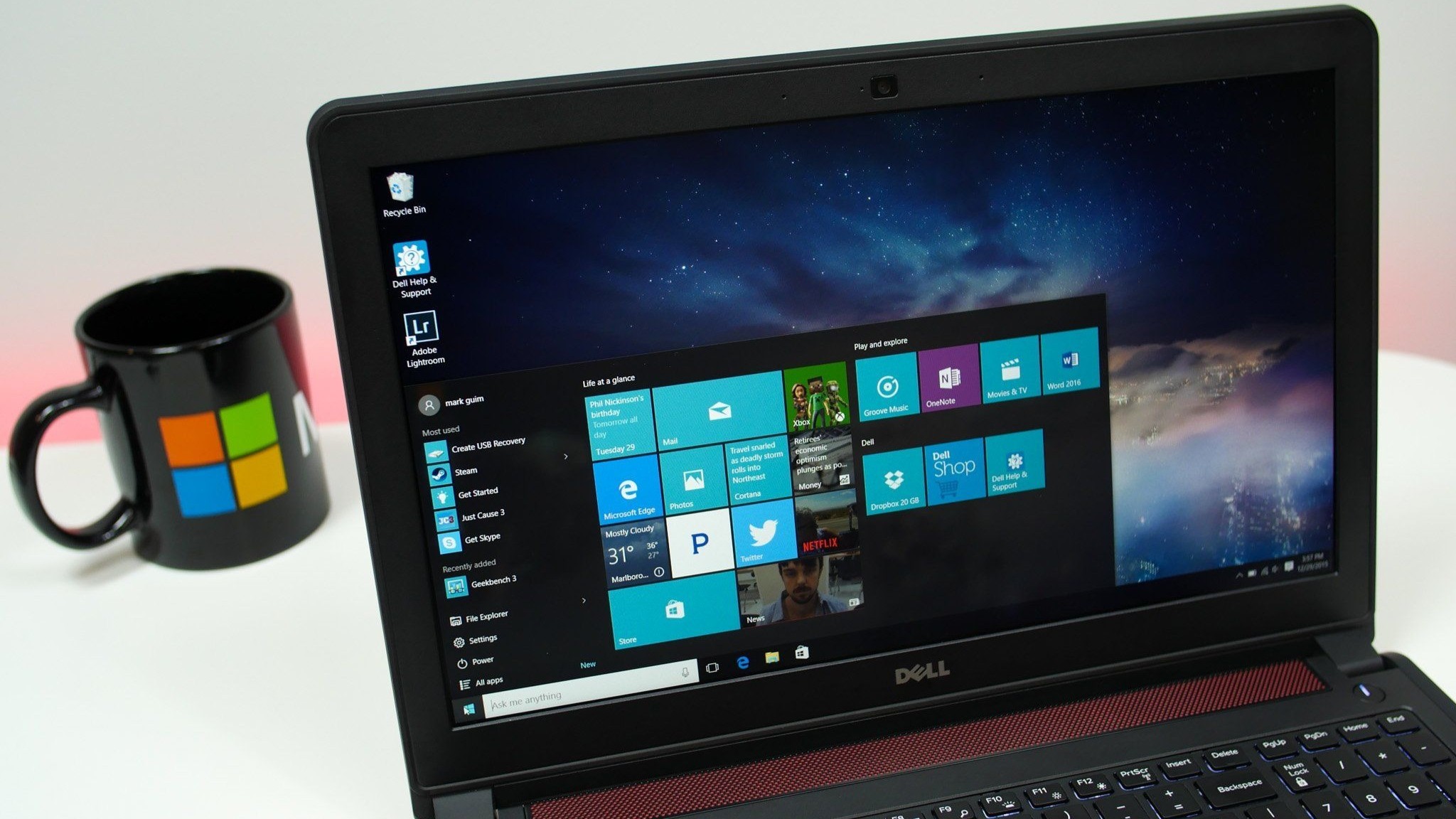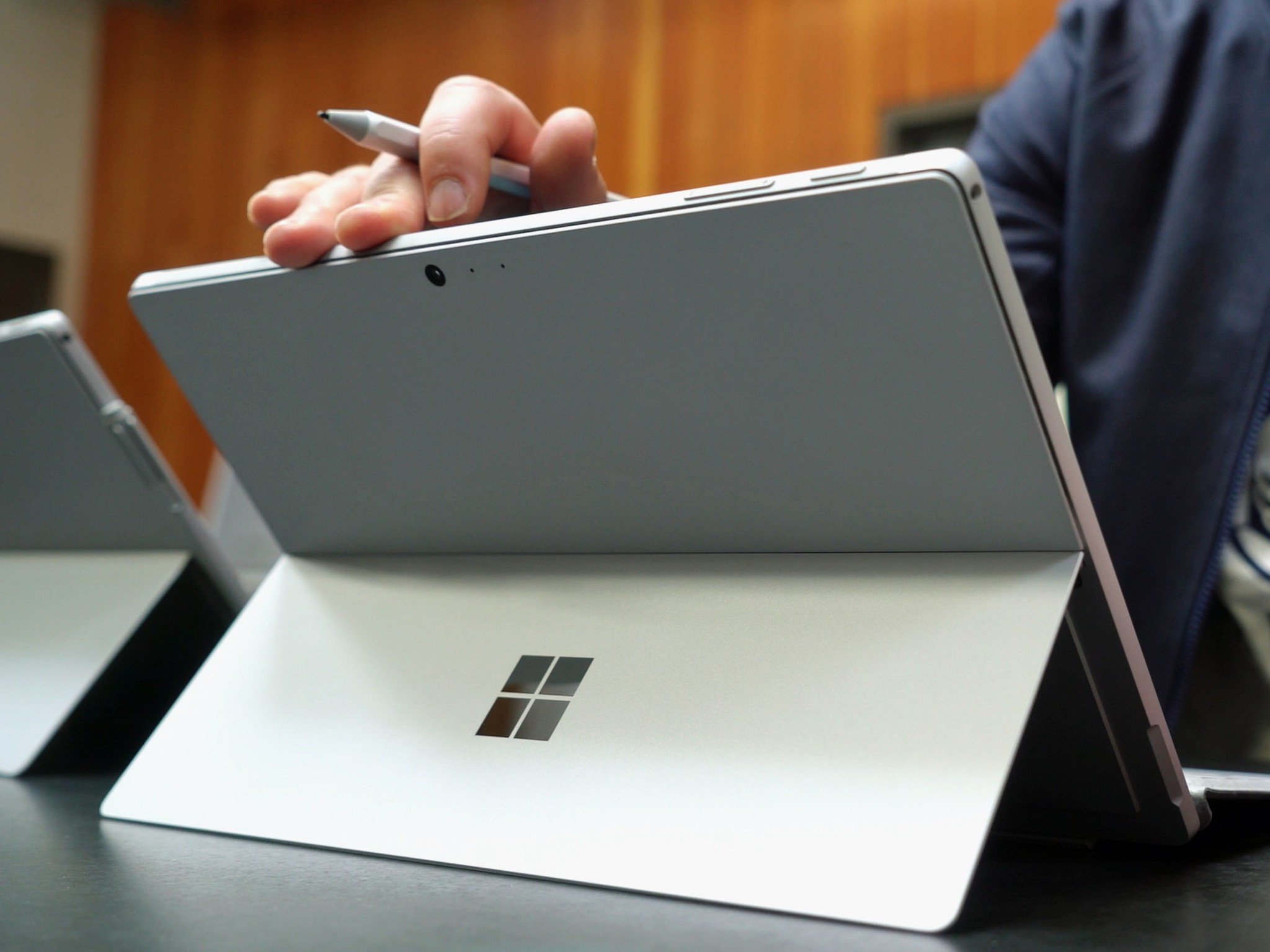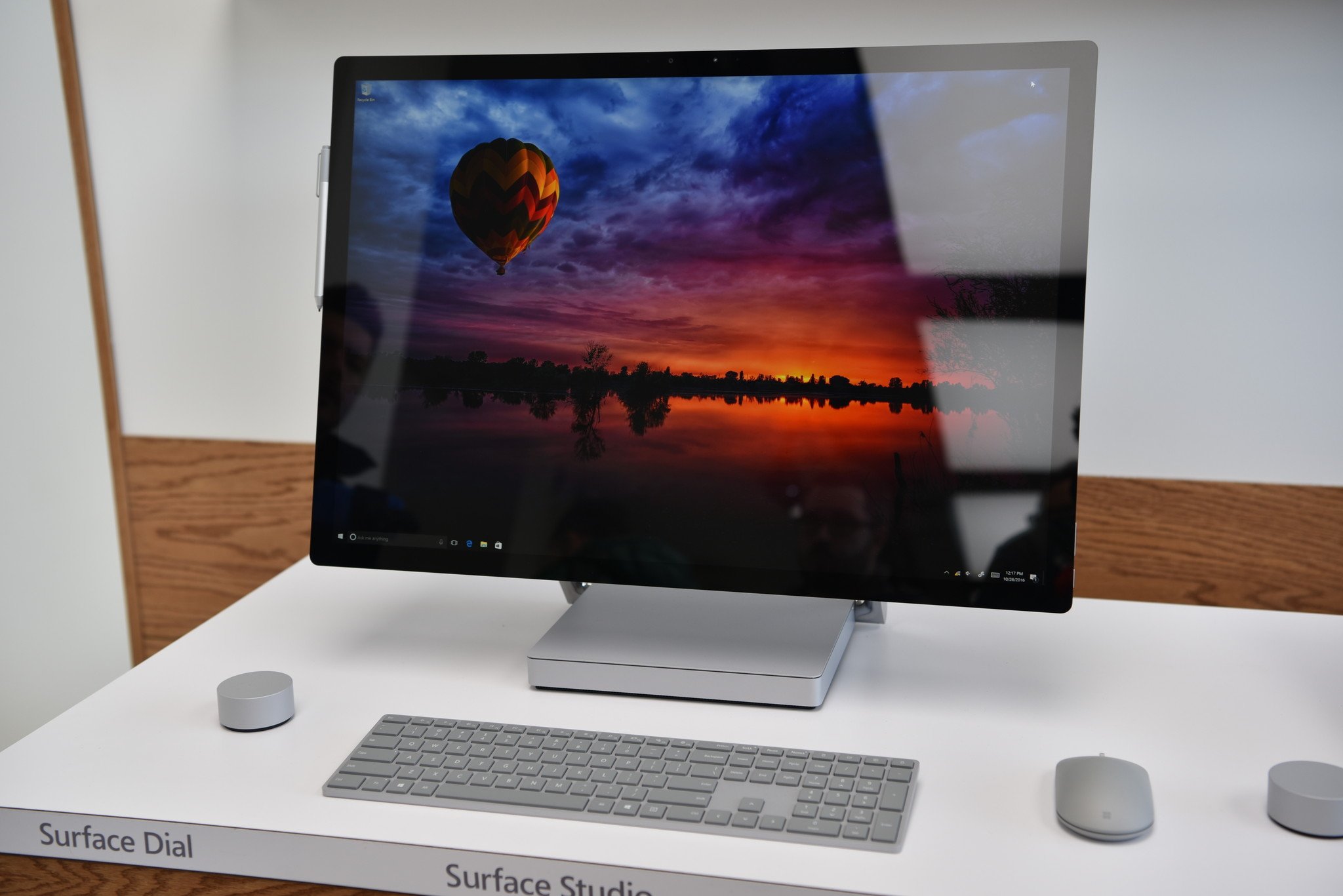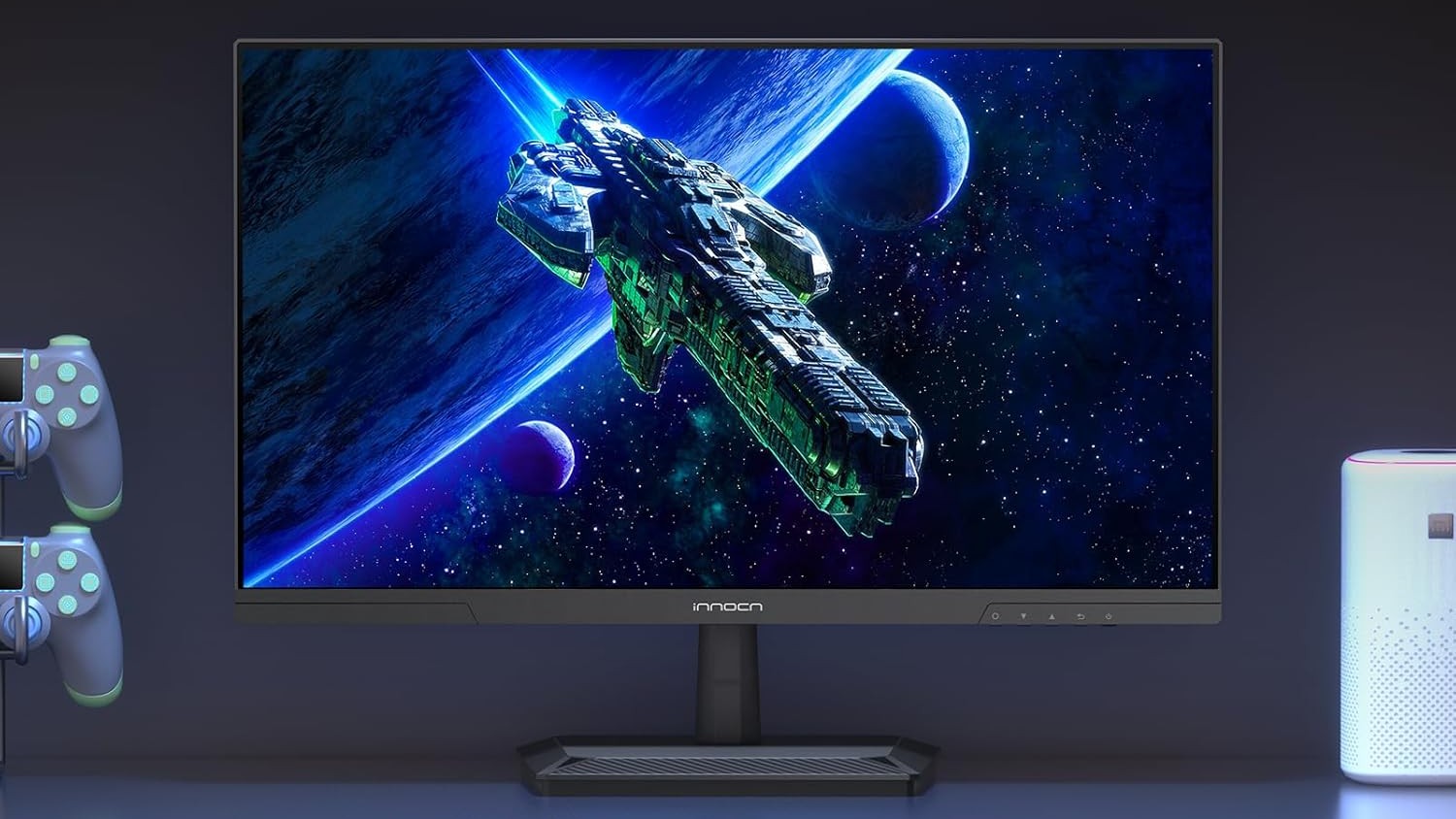Microsoft openly promotes tossing your laptop into a big pile of e-waste
You'll have to throw out your old PC or risk security issues if the device can't upgrade to Windows 11.

What you need to know
- Windows 10 will reach its end of support in October 2025.
- After that date, PCs running the older operating system will not receive updates or security fixes.
- Microsoft recommends people upgrade systems to Windows 11 or purchase a new computer that can run Windows 11.
- Millions of PCs that are in use currently do not meet the minimum requirements of Windows 11 and cannot upgrade to the newer OS.
As Windows 10 marches toward its end of support, millions of PCs move closer to the garbage heap. While a newly updated support document from Microsoft does not use such harsh language, it does recommend getting a new PC. Of course, if you get a new PC and your old system falls out of support, the change effectively creates e-waste.
Purchasing a new PC isn't inherently a problem. New hardware has new features, better specs, and generally provides a better computing experience than an aging PC. But an issue arises when someone has to get rid of a device that is otherwise functional because software stops receiving support.
Windows 10 will reach its end of support on October 14, 2025. After that, PCs will stop receiving technical support, software updates, and security updates or fixes. That is, unless those PCs are updated to Windows 11. But for millions of systems, that upgrade is not an option.
For example, our Richard Devine has a Dell Inspiron 15 7559, though the device is used mostly by a family member. That PC is eight years old, which is rather old for a computer. But it still works fine for everyday computing, especially when only used for web browsing or other light tasks. That Inspiron 15 is stuck on Windows 10, meaning it will not be secure in about 12 months.
The October 2025 cutoff and the fact that systems will end up stuck on Windows 10 is old news. But Microsoft's support document has ruffled some feathers by effectively recommending people with older PCs throw those devices out and grab a new computer.
"While you could continue to use your PC, without continued software and security updates your PC is at greater risk for viruses and malware," reads the support document. "We recommend upgrading to a version of Windows that's still supported. A new device that can run Windows 11 makes for an easy transition and a great experience."
The changes to the support document were first spotted by Neowin.
Get the Windows Central Newsletter
All the latest news, reviews, and guides for Windows and Xbox diehards.
The first recommendation is not an option for millions of PCs, leaving purchasing a new computer as the only choice for many people. Well, that, or to run Linux.
What are Windows 11's minimum requirements?

The minimum requirements of Windows 11 have been controversial since they were first announced. Some of the requirements are reasonable, such as a PC needing at least 4GB of RAM and 64GB of storage. The main complaint about the upgrade path to Windows 11 is that PCs have to support TPM 2.0. A trusted platform module, which is what TPM stands for, is a security chip embedded into PCs. It's used for security features such as generating, storing, and protecting encryption keys. TPM has been around since before Windows 11, but it became a requirement with the latest operating system from Microsoft. Specifically, PCs have to have TPM 2.0.
RELATED: How to check if a TPM is present on your computer
While TPM 2.0 is important for some security features, some PCs that otherwise function well do not have it. As a result, millions of devices are left stuck on Windows 10. Those PCs will then become unsecure.
Petitions have been made to prevent "the single biggest jump in junked computers ever," but Microsoft has not lifted the TPM 2.0 requirement for Windows 11. At this point, it seems extremely likely there will be any change in that area. Instead, paying for extended support or buying a new PC will be the path forward.
The latest figures from StatCounter list Windows 10 as having a 62.75% market share among PCs running Windows. That leaves Windows 11 at only 33.42%. The newer operating system gains a bit of ground most months, but it isn't gaining much traction. 12 months ago, Windows 11 market share sat at 71.62%.
Will my Windows 10 PC keep working?

Windows 10 will reach its end of support on October 14, 2025. After that cutoff, devices running Windows 10 will not receive technical support, software updates, or security updates or fixes. While it will be possible to receive extended support for devices running Windows 10, it will cost quite a bit of money. Microsoft often has extended support options for its operating systems, but this is the first time that individual consumers will be able to pay for extended support (previous extended support options were limited to commercial customers).
Your Windows 10 PC will continue to work after October 14, 2025. It's not like Microsoft will brick hardware running older versions of Windows. But using an out-of-date operating systems presents security risks. Viruses and malware will become an increasing risk the longer you use an unsupported device, since security patches will not roll out to your PC.
🎃The best early Black Friday deals🦃
- 🎮Lenovo Legion Go (Z1 Extreme) | $649.99 at Best Buy (Save $100!)
- 💻HP Victus 15.6 (Radeon RX 6550M) | $449.99 at Best Buy (Save $350!)
- 📺Amazon Fire TV Stick | $24.99 at Amazon (Save $25!)
- 💻Lenovo IdeaPad 1 (Ryzen 5) | $329.99 at Best Buy (Save $250!)
- 💻Samsung Galaxy Book4 Edge (X Elite) | $849.99 at Best Buy (Save $500!)
- 💻ASUS Vivobook S 15 (X Elite) | $959 at Amazon (Save $341!)
- 💻Dell XPS 14 (Core Ultra 7) | $1,449.99 at Dell (Save $550!)
- 💻Dell Inspiron 14 2-in-1 (Ryzen 5) | $499.99 at Best Buy (Save $230!)
- 💻Lenovo Yoga 9i 14 (Core Ultra 7) | $1,099.99 at Best Buy (Save $350!)
More Prime Day deals and anti-Prime Day deals
We at Windows Central are scouring the internet for the best Prime Day deals and anti-Prime Day deals, but there are plenty more discounts going on now. Here's where to find more savings:
- Xbox controller deals: Walmart | Target | Best Buy | Amazon | Newegg
- Xbox SSD storage deals: Walmart | Target | Best Buy | Amazon | Newegg
- Gaming headset deals: Walmart | Dell | Target | Best Buy | Amazon
- MicroSD storage deals: Walmart | Target | Best Buy | Amazon | Newegg
- Gaming handheld deals: Walmart | Target | Best Buy | Amazon | Newegg
- Laptop deals: Walmart | Target | Best Buy | Amazon | Newegg
- Copilot+ AI laptop deals: Walmart | Target | Best Buy | Amazon | Newegg
- Monitor deals: Walmart | Target | Best Buy | Amazon | Newegg
- Mini PC deals: Walmart | Target | Best Buy | Amazon | Newegg
- Gaming keyboard deals: Walmart | Best Buy | Amazon | Dell | Newegg
- Gaming mice deals: Walmart | Best Buy | Amazon | Dell | Newegg

Sean Endicott is a tech journalist at Windows Central, specializing in Windows, Microsoft software, AI, and PCs. He's covered major launches, from Windows 10 and 11 to the rise of AI tools like ChatGPT. Sean's journey began with the Lumia 740, leading to strong ties with app developers. Outside writing, he coaches American football, utilizing Microsoft services to manage his team. He studied broadcast journalism at Nottingham Trent University and is active on X @SeanEndicott_ and Threads @sean_endicott_.
